Home>Garden Essentials>What Are Anise Seeds
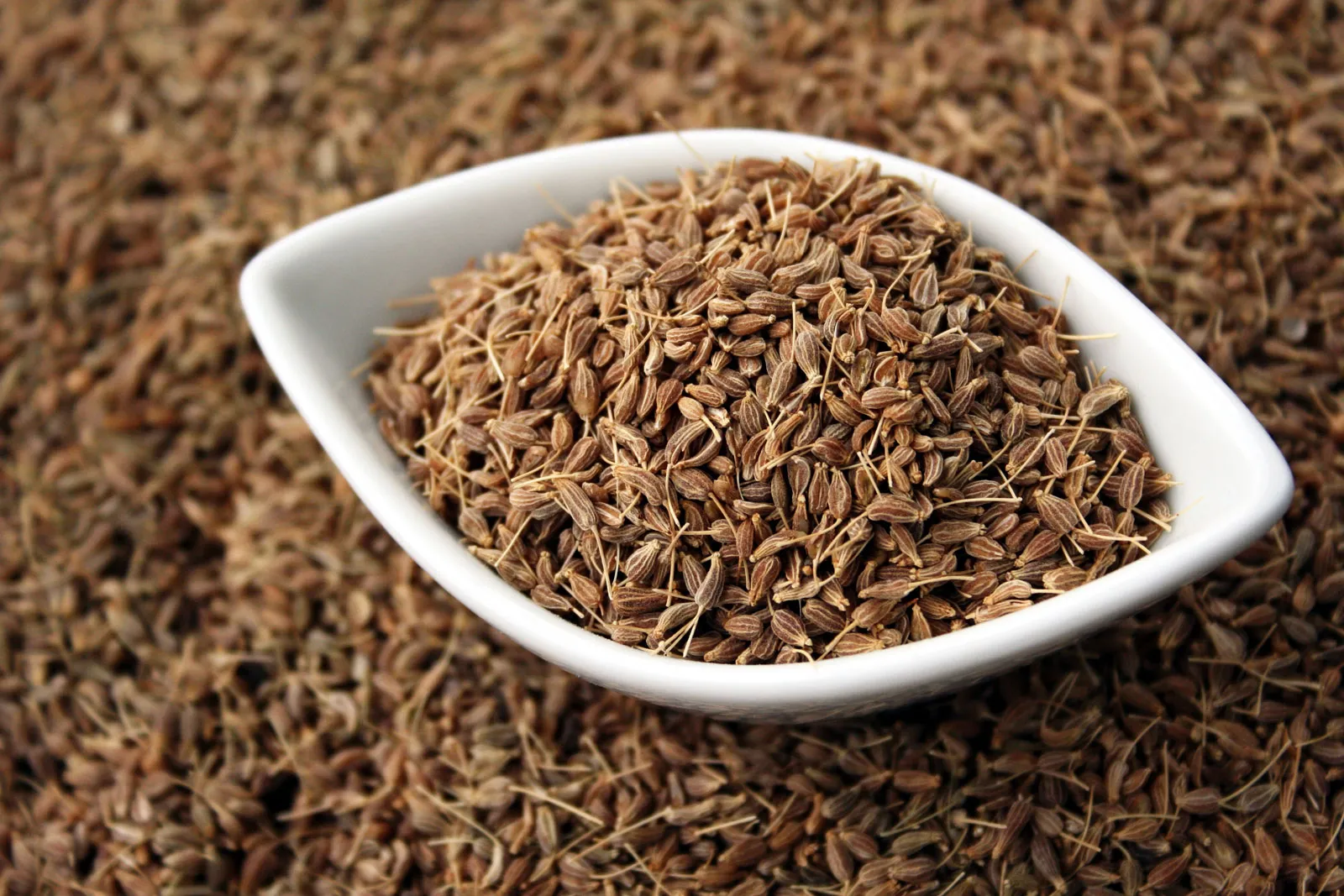

Garden Essentials
What Are Anise Seeds
Modified: August 17, 2024
Learn all about anise seeds and how to grow them in your garden. Discover the benefits of adding this aromatic herb to your homegrown spice collection.
(Many of the links in this article redirect to a specific reviewed product. Your purchase of these products through affiliate links helps to generate commission for Storables.com, at no extra cost. Learn more)
Introduction
Welcome to the wonderful world of anise seeds! If you’re a gardening enthusiast or an avid cook, you’ve likely come across these small, aromatic seeds. Anise seeds are a versatile and flavorful ingredient that can elevate your culinary creations to new heights. But there’s more to anise seeds than just their delicious taste and aroma – they also possess a rich history and numerous health benefits.
In this article, we’ll explore the fascinating journey of anise seeds, their characteristics, culinary uses, medicinal properties, storage tips, and potential side effects. So, grab a cup of tea, sit back, and let’s dive into the captivating realm of anise seeds.
Key Takeaways:
- Anise seeds, with their sweet aroma and rich history, add delightful flavors to dishes and offer potential health benefits, but should be used in moderation and stored properly.
- Anise seeds, prized for their culinary versatility and medicinal properties, have a fascinating journey from ancient civilizations to modern kitchens, but individuals should be mindful of potential side effects and consult healthcare professionals when needed.
Read more: What Does Anise Seed Look Like
History of Anise Seeds
The history of anise seeds dates back thousands of years. These seeds come from the anise plant, scientifically known as Pimpinella anisum. Native to the Mediterranean region, anise seeds have been cherished for their culinary and medicinal properties since ancient times.
Early records indicate that anise seeds were cultivated and used by the ancient Egyptians, Greeks, and Romans. The Egyptians believed that anise seeds had magical powers and used them in various rituals and ceremonies. The Greeks and Romans appreciated the seeds for their many culinary applications and as natural remedies for various ailments.
With the expansion of trade routes in the Middle Ages, anise seeds spread to different parts of Europe and Asia. The seeds became especially popular in medieval kitchens, where they were used to flavor bread, pastries, and beverages. Anise-flavored liqueurs, such as absinthe and ouzo, gained prominence in European cultures.
During the 17th and 18th centuries, anise seeds found their way to the Americas, thanks to European colonizers. The seeds quickly became a staple in traditional herbal medicine practices, particularly among indigenous communities.
Today, anise seeds are widely cultivated in various countries, including Spain, Turkey, India, Egypt, and China. They are cherished globally for their unique aroma and flavor, making them a beloved ingredient in both sweet and savory dishes.
The fascinating history of anise seeds not only showcases their culinary significance but also highlights their cultural and medicinal importance. As we delve deeper into the characteristics and uses of anise seeds, you’ll discover the many ways in which these little seeds can enhance your kitchen adventures and promote overall well-being.
Characteristics of Anise Seeds
Anise seeds are small, oval-shaped seeds that showcase several distinctive characteristics. Here are some key features that make anise seeds stand out:
- Aroma and Flavor: Anise seeds have a powerful, sweet aroma that resembles licorice. This distinct fragrance adds depth and complexity to dishes and beverages. When it comes to taste, anise seeds offer a delightful combination of sweet and slightly spicy notes.
- Appearance: Anise seeds are light brown or grayish in color. They have a slightly rough texture and are typically small in size, resembling small grains of rice or cumin seeds.
- Essential Oils: Anise seeds contain essential oils, including anethole, that contribute to their intense aroma and flavor. Anethole is known for its therapeutic properties and is responsible for the licorice-like taste of anise seeds.
- Culinary Versatility: Anise seeds are incredibly versatile in the kitchen. They can be used as a spice to flavor both sweet and savory dishes, including bread, cookies, cakes, soups, stews, curries, and beverages. Anise seeds are a popular ingredient in traditional recipes from various cuisines, including Mediterranean, Middle Eastern, and Asian cuisines.
- Health Benefits: Anise seeds are not only prized for their taste and aroma, but they also offer several health benefits. They have been used for centuries in traditional medicine to aid digestion, alleviate coughs, reduce bloating and gas, and soothe menstrual discomfort. Anise seeds are rich in antioxidants, vitamins, and minerals that support overall well-being.
- Easy to Grow: If you have a green thumb, you might consider growing your own anise plant. Anise is an annual herb that can be planted from seeds in well-drained soil and full sun. With proper care, you can enjoy harvesting your own anise seeds to use in your culinary adventures.
These characteristics make anise seeds a desirable and beloved ingredient in the culinary world. Whether you’re infusing a dish with their aromatic flavor or harnessing their medicinal properties, anise seeds add a unique and delightful touch to your creations.
Culinary Uses of Anise Seeds
Anise seeds are a popular and versatile spice used in a wide range of culinary applications. Here are some delightful ways to incorporate anise seeds into your cooking:
- Baking: Anise seeds are commonly used in baking to impart their distinctive flavor to bread, cookies, cakes, and pastries. They are often ground or crushed before being added to the dough or batter to ensure an even distribution of the flavors.
- Beverages: Anise seeds are a primary ingredient in many traditional beverages around the world. For example, you’ll find anise-infused drinks like traditional Middle Eastern Arak, French Pastis, Indian Masala Chai, and Mexican Atole. These beverages not only have a delightful taste but are believed to aid digestion and provide a refreshing experience.
- Soups and Stews: Anise seeds can elevate the flavors of soups and stews. They add a subtle sweetness and depth to the broths and enhance the overall taste. Anise seeds are particularly popular in Mediterranean and Asian cuisines, where they are often used in dishes like pho, curry, and gumbo.
- Curries and Sauces: Anise seeds are an excellent addition to curry blends and sauces. They contribute to the complex flavor profile and help balance out the spiciness. Anise seeds work beautifully in both vegetarian and meat-based dishes, creating a harmonious blend of flavors.
- Marinades and Rubs: Anise seeds can be crushed or ground and mixed with other spices to create flavorful marinades and rubs. They are often used in marinades for poultry, pork, and fish, adding a unique twist to the meats. Anise seeds can also be included in dry rubs for grilling or roasting, enhancing the overall taste and aroma.
- Teas and Infusions: Anise seeds make a delightful addition to teas and herbal infusions. Combine them with other aromatic ingredients like chamomile, fennel, or mint for a soothing and flavorful beverage. Anise tea is often enjoyed after meals as it is believed to aid digestion and provide a refreshing aftertaste.
Whether you’re baking, brewing, or cooking savory dishes, anise seeds can bring a burst of flavor and uniqueness to your recipes. Adding a touch of anise seeds to your culinary creations will awaken your taste buds and transport you to a world of enticing flavors and aromas.
Anise seeds are small, brown seeds with a sweet, licorice-like flavor. They are commonly used in baking, cooking, and herbal remedies. When using anise seeds, remember that a little goes a long way, so use them sparingly to avoid overpowering the dish.
Medicinal Properties of Anise Seeds
Aside from their culinary uses, anise seeds have a long history of being used in traditional medicine for their various health benefits. Here are some of the medicinal properties associated with anise seeds:
- Digestive Aid: Anise seeds are well-known for their ability to support digestion. They have carminative properties, which means they can help alleviate bloating, gas, and indigestion. Anise seeds may also stimulate the production of digestive enzymes, promoting healthy digestion.
- Cough Relief: Anise seeds possess expectorant properties, making them a popular natural remedy for coughs and respiratory congestion. They may help loosen mucus and soothe irritated airways, providing relief from coughing and promoting easy breathing.
- Menstrual Support: Anise seeds have been used traditionally to ease menstrual discomfort and regulate menstruation. They are believed to have estrogenic properties, which may help balance hormone levels and reduce symptoms like cramps and bloating. Anise seeds also have a calming effect, which can be beneficial during menstrual cycles.
- Antioxidant and Anti-Inflammatory: Anise seeds are rich in antioxidants, including phenolic compounds, that can help protect the body against oxidative stress and inflammation. These properties may contribute to overall health and well-being by reducing the risk of chronic diseases linked to inflammation.
- Oral Health: Anise seeds have antimicrobial properties that can help maintain oral health. They may help combat bad breath, prevent the growth of harmful bacteria in the mouth, and soothe gum inflammation. Chewing on a few anise seeds can provide a refreshing and cleansing effect on the mouth.
- Relaxation and Sleep: Anise seeds have been traditionally used to promote relaxation and improve sleep quality. The calming properties of anise seeds can help reduce anxiety, stress, and nervousness, allowing for a restful night’s sleep.
While anise seeds offer these potential health benefits, it’s important to note that they should not be used as a substitute for professional medical advice. If you have any specific health concerns or conditions, it’s always best to consult with a healthcare professional before incorporating anise seeds or any other herbal remedies into your routine.
Overall, the medicinal properties of anise seeds make them a valuable addition to your pantry. Whether you’re seeking digestive support, respiratory relief, or a natural way to promote overall well-being, anise seeds can be a beneficial ingredient to explore.
Read more: How To Use Anise Seed
How to Store Anise Seeds
Proper storage is crucial to maintain the quality and freshness of anise seeds. Follow these guidelines to ensure your anise seeds stay flavorful and aromatic:
- Choose the Right Container: Store anise seeds in an airtight container made of glass or metal. Avoid using plastic containers, as they may not provide a sufficient barrier against moisture and air.
- Keep Away from Moisture: Moisture can cause anise seeds to lose their flavor and become clumpy. Store them in a cool, dry place away from direct sunlight and humidity. A pantry or cupboard is an ideal location.
- Avoid Excessive Heat: Heat can compromise the quality of anise seeds and diminish their flavor. Keep them away from sources of direct heat, such as stovetops or ovens.
- Do Not Grind Until Needed: It is best to store anise seeds in their whole form until you’re ready to use them. Grinding the seeds too early can accelerate flavor loss.
- Label and Date: To keep track of freshness, it’s a good practice to label your container with the date of purchase or the date of harvesting, if applicable.
- Regularly Check for Freshness: Anise seeds, like any spice, have a shelf life. Check the aroma and taste of the seeds periodically to ensure they are still potent. If they have lost their aroma or taste stale, it’s time to replace them.
- Consider Freezing: If you have a large quantity of anise seeds that you won’t use up within a few months, consider storing them in the freezer. Frozen anise seeds can retain their flavor and aroma for an extended period. Transfer them to an airtight freezer-safe container or freezer bag to prevent freezer burn.
By following these storage tips, you can enjoy the vibrant flavor and aroma of anise seeds for an extended period. Whether used sparingly or generously, properly stored anise seeds will add a delightful touch to your culinary creations.
Potential Side Effects of Anise Seeds
While anise seeds are generally safe for consumption, it’s important to be aware of potential side effects, especially if consumed in excessive amounts or for individuals with certain health conditions. Here are some considerations to keep in mind:
- Allergic Reactions: Some individuals may be allergic to anise seeds. If you have a known allergy to plants in the Apiaceae family, such as fennel, celery, or dill, it’s best to avoid anise seeds or speak with an allergist before consumption.
- Drug Interactions: Anise seeds may interact with certain medications, including blood thinners, antidiabetic drugs, and anticonvulsants. If you’re taking any medications, it’s essential to consult with your healthcare provider before incorporating anise seeds into your diet.
- High Estradiol Levels: Anise seeds have estrogenic effects, which means they may affect hormone levels, particularly estradiol. If you have conditions that are sensitive to hormonal fluctuations, such as breast cancer, endometriosis, or uterine fibroids, it’s advisable to exercise caution and talk to your doctor.
- Gastrointestinal Issues: Although anise seeds are known to aid digestion, consuming excessive amounts may cause gastrointestinal discomfort, including nausea, vomiting, or diarrhea. It’s best to use anise seeds in moderation and listen to your body’s response.
- Safe for Pregnancy and Breastfeeding: Anise seeds are generally regarded as safe for consumption during pregnancy and breastfeeding when used in culinary amounts. However, it’s always best to consult with a healthcare professional for personalized advice.
- Children and Anise Seeds: Due to the potential risk of choking hazards, whole anise seeds should be avoided in young children. Ground anise can be introduced in small amounts once a child has the ability to handle more textured foods.
As with any dietary supplement or herbal remedy, it’s important to practice moderation, pay attention to your body’s response, and consult with healthcare professionals when needed. Remember that individual sensitivities and health conditions can vary, and it’s always best to seek personalized advice.
By being aware of these potential side effects and using anise seeds in moderation, you can continue to enjoy their culinary and potential health benefits without major concerns.
Conclusion
Anise seeds are truly a remarkable ingredient that offers a blend of delightful flavors and potential health benefits. From their rich history to their versatile culinary uses, anise seeds have captured the hearts and taste buds of people around the world.
Whether you’re a seasoned chef or a cooking enthusiast, incorporating anise seeds into your culinary repertoire can elevate your dishes to new heights. Their unique aroma and sweet, licorice-like flavor add depth and complexity to a wide range of recipes, from baked goods to savory stews. Anise seeds have a way of tantalizing your senses and creating a memorable dining experience.
Beyond their culinary charm, anise seeds also possess medicinal properties that have been valued for centuries. From aiding digestion and relieving coughs to supporting menstrual health and promoting relaxation, anise seeds offer potential health benefits without harsh side effects.
To fully enjoy the benefits of anise seeds, it’s important to store them properly in a cool, dry place and use them in moderation. Pay attention to potential side effects, and consult with healthcare professionals if you have specific health conditions or are taking medications.
As you embark on your culinary adventures with anise seeds, let your creativity soar. Experiment with different recipes, blend them with complementary flavors, and discover the wonders that anise seeds can bring to your kitchen.
So, whether you’re savoring a cup of anise-infused tea, delighting in the aroma of freshly baked anise cookies, or relishing the rich flavors of a spiced anise curry, embrace the magic of anise seeds and let them take your taste buds on a journey they won’t forget.
Frequently Asked Questions about What Are Anise Seeds
Was this page helpful?
At Storables.com, we guarantee accurate and reliable information. Our content, validated by Expert Board Contributors, is crafted following stringent Editorial Policies. We're committed to providing you with well-researched, expert-backed insights for all your informational needs.
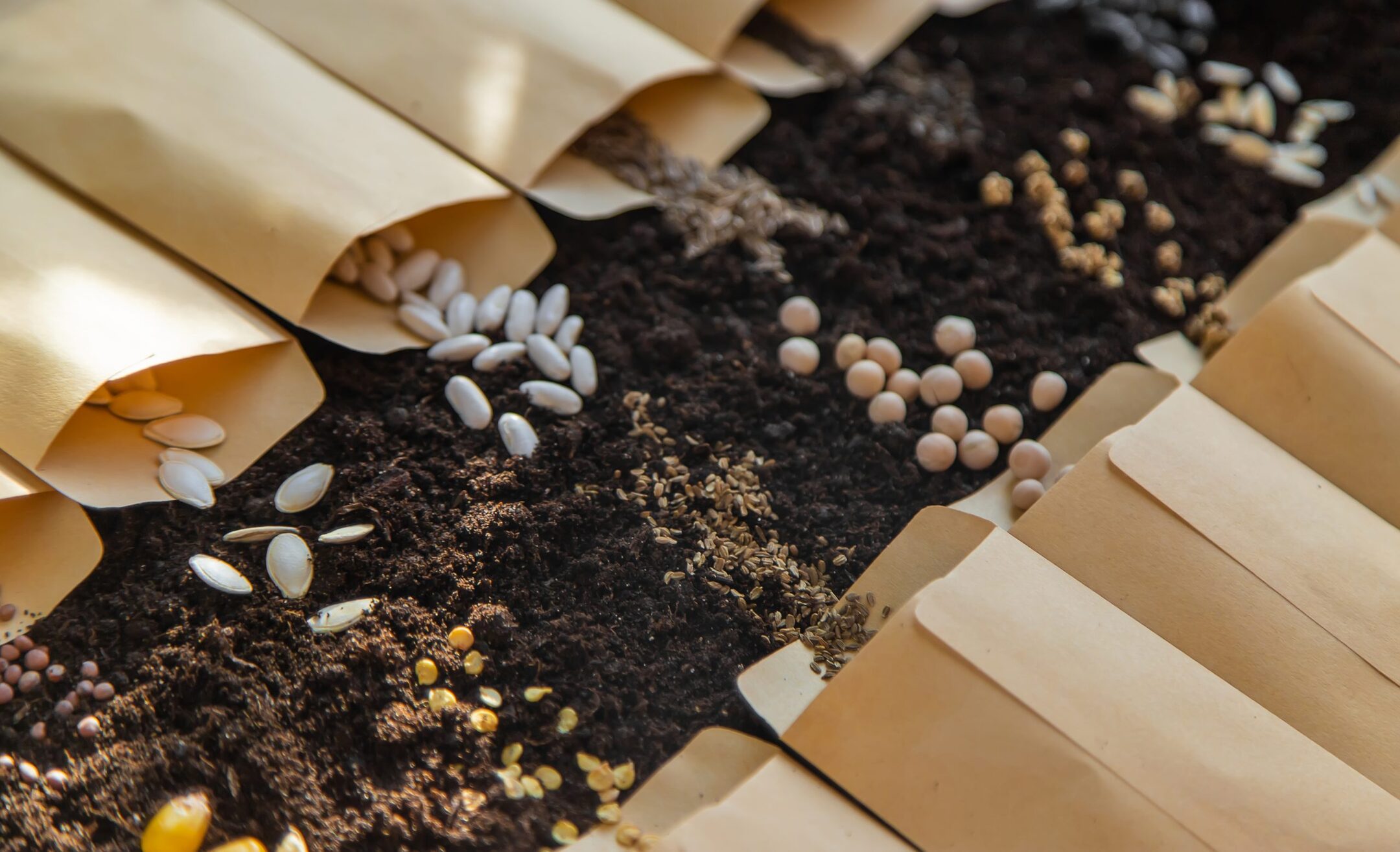
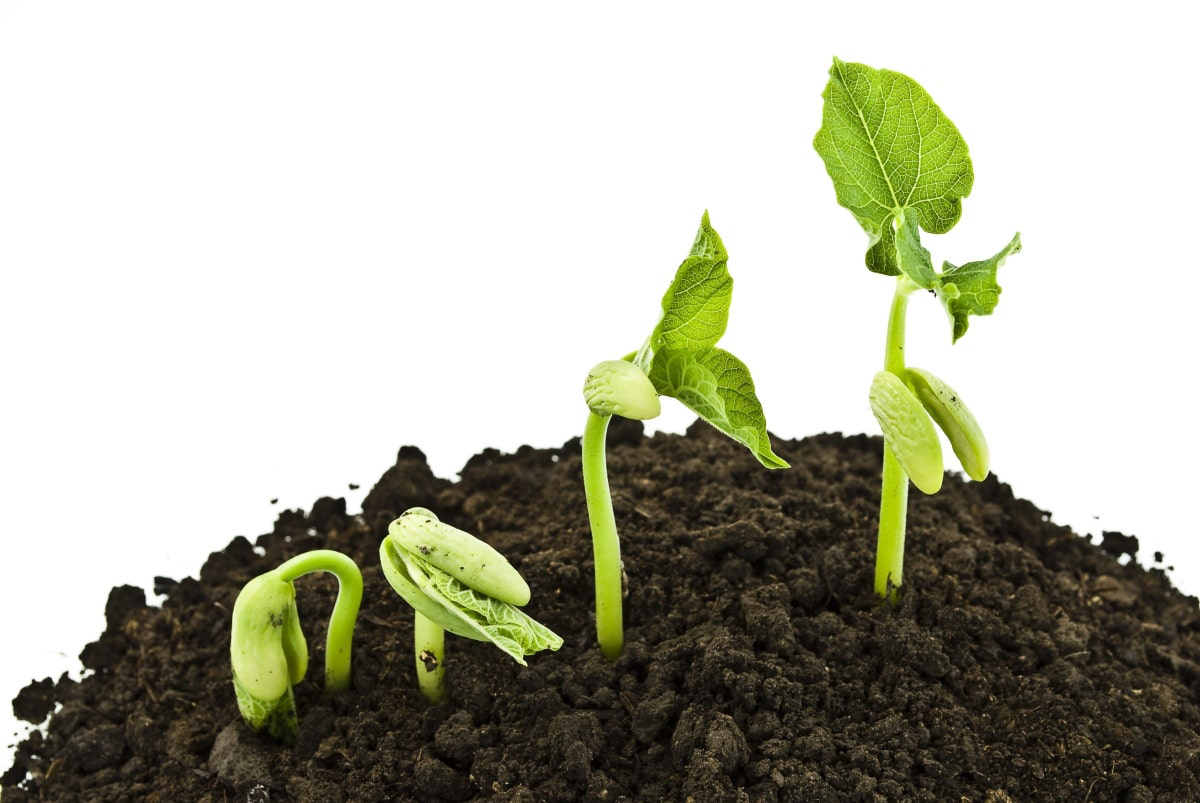
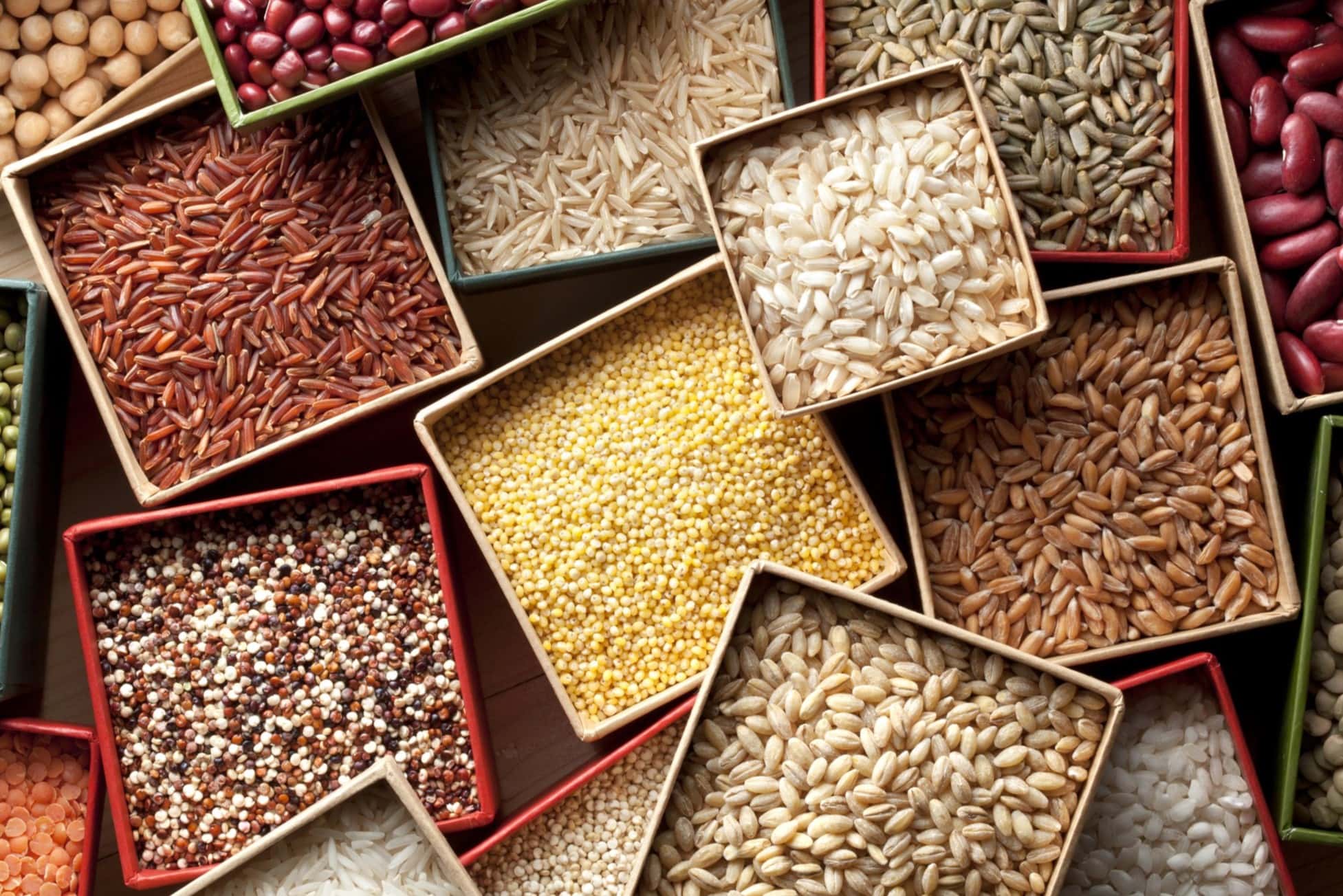
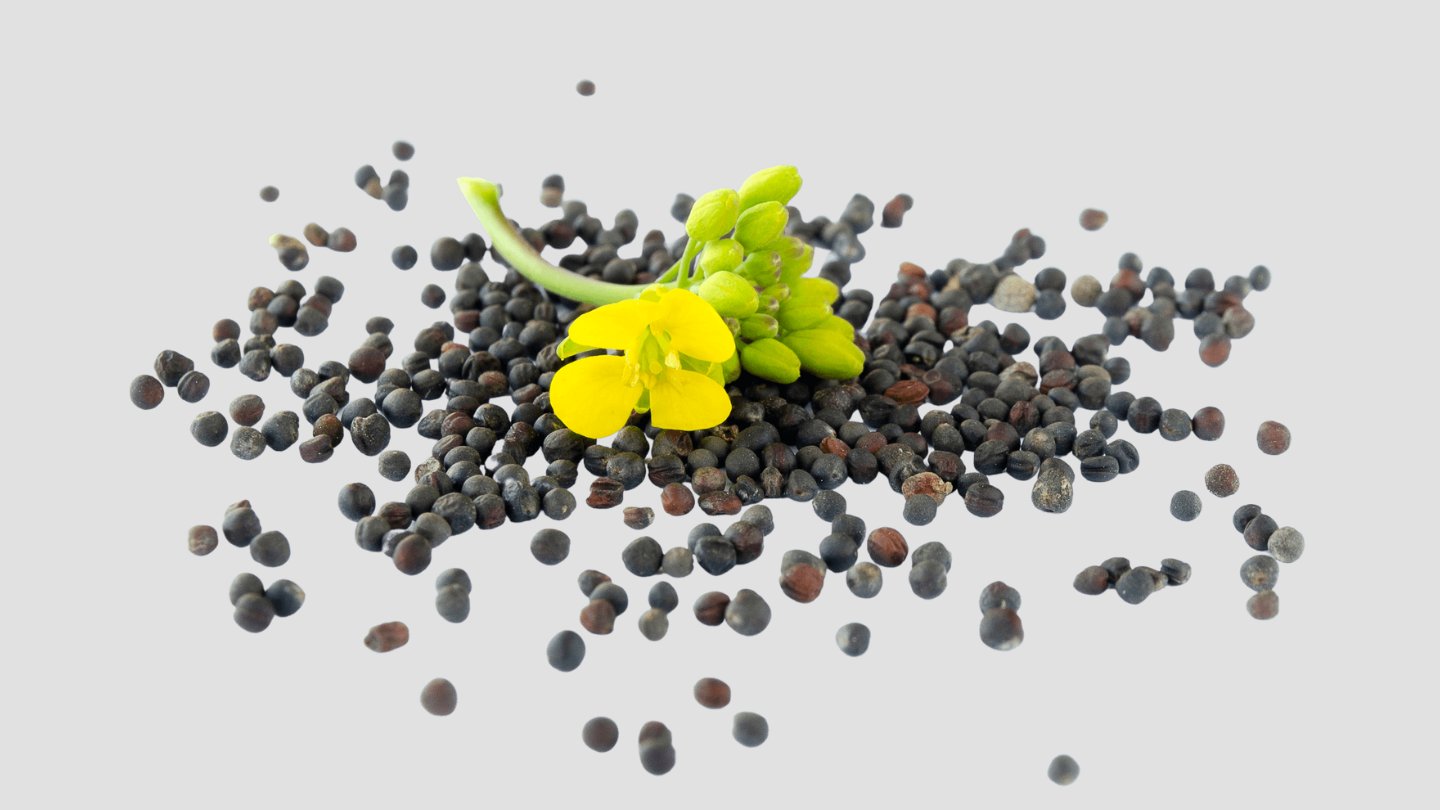
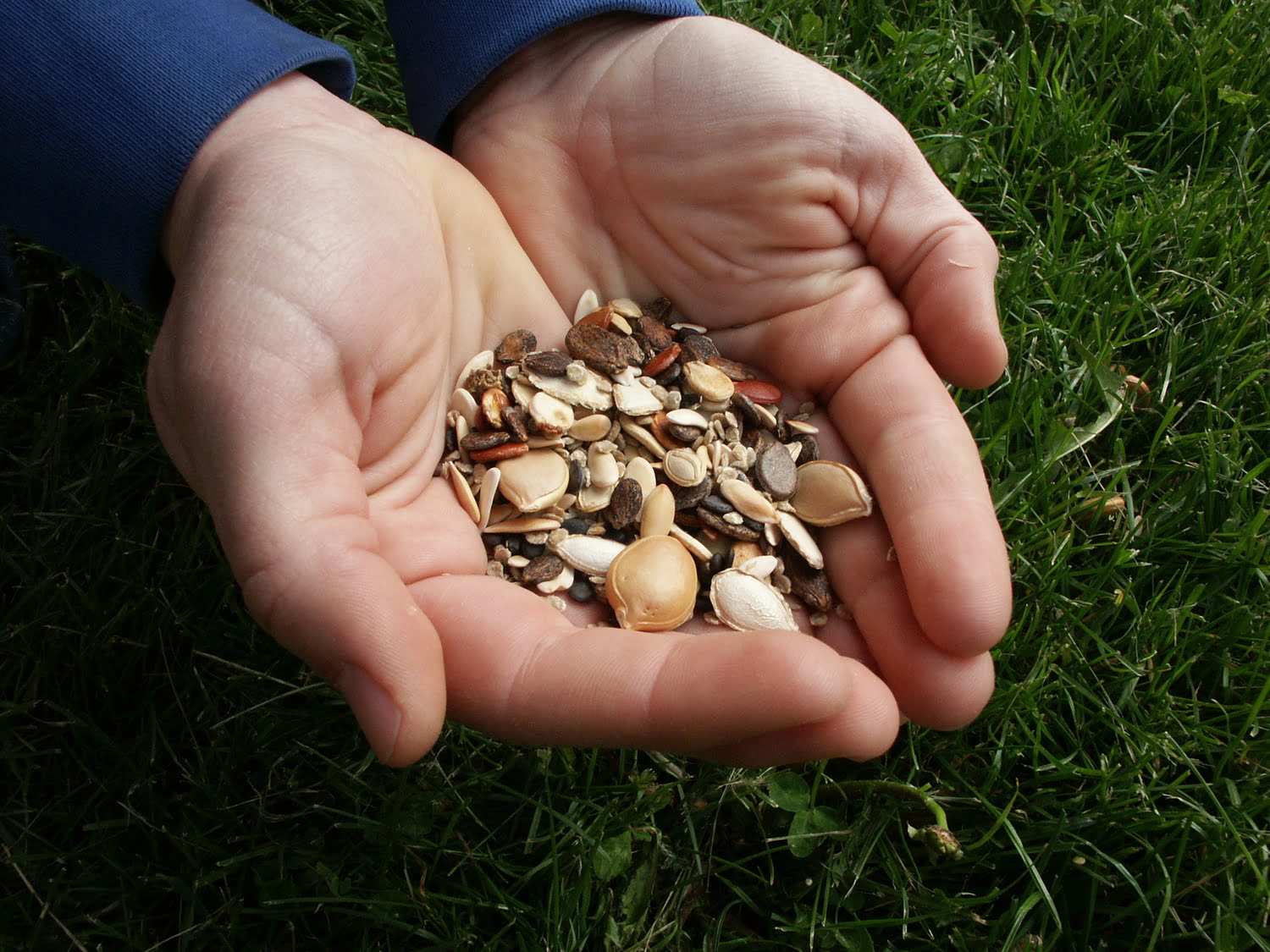
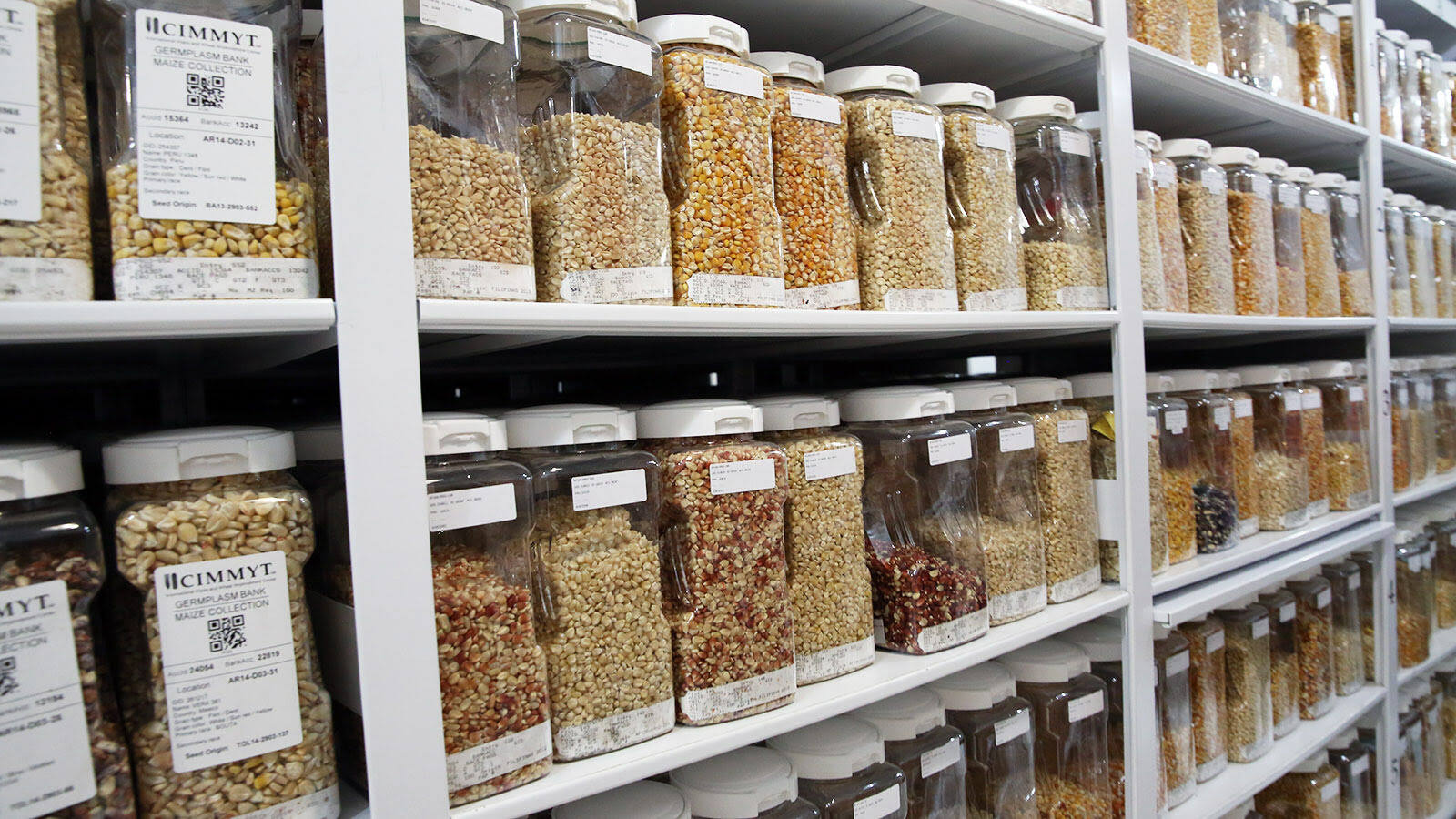
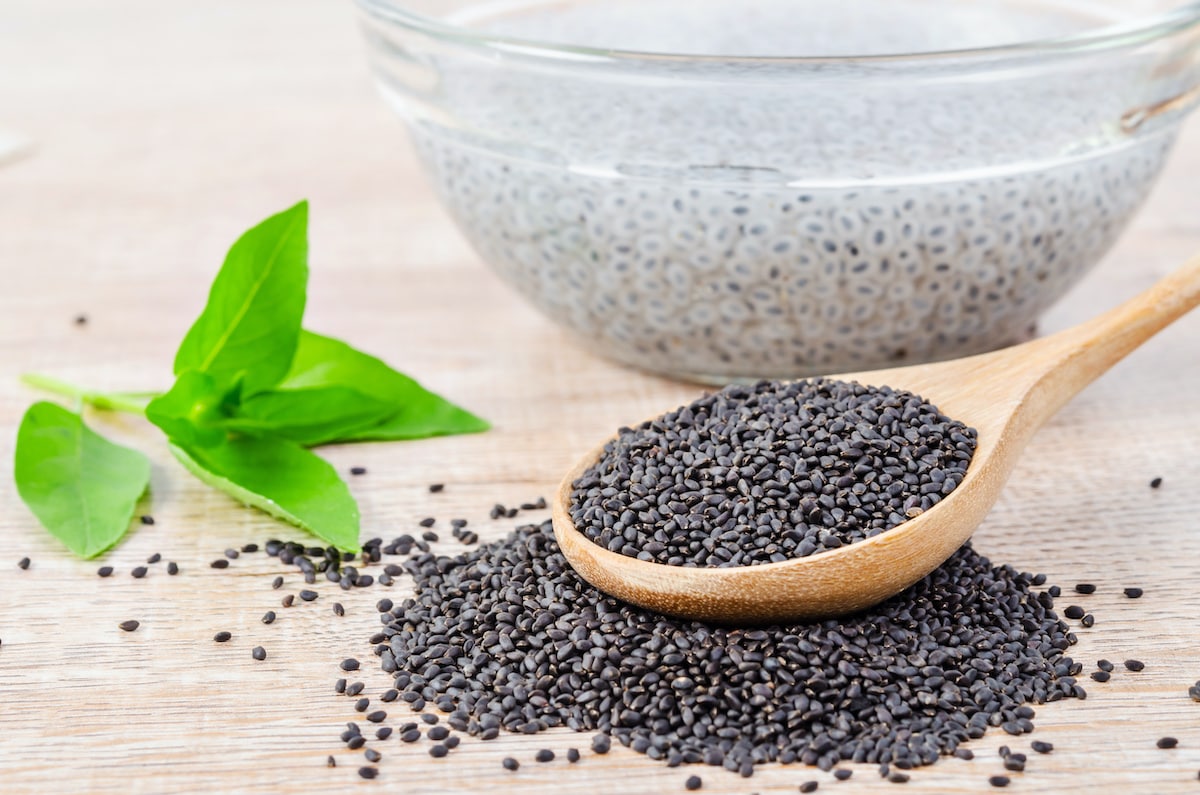
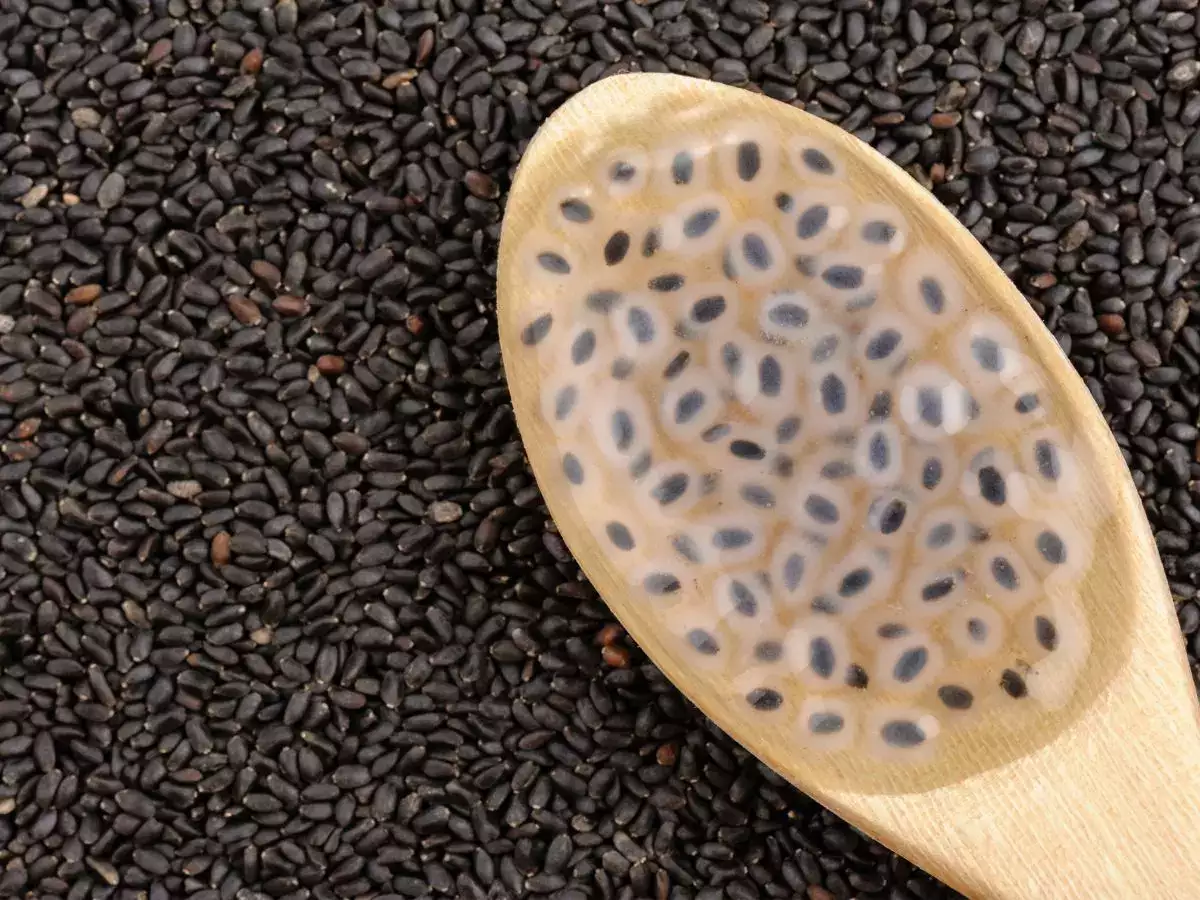
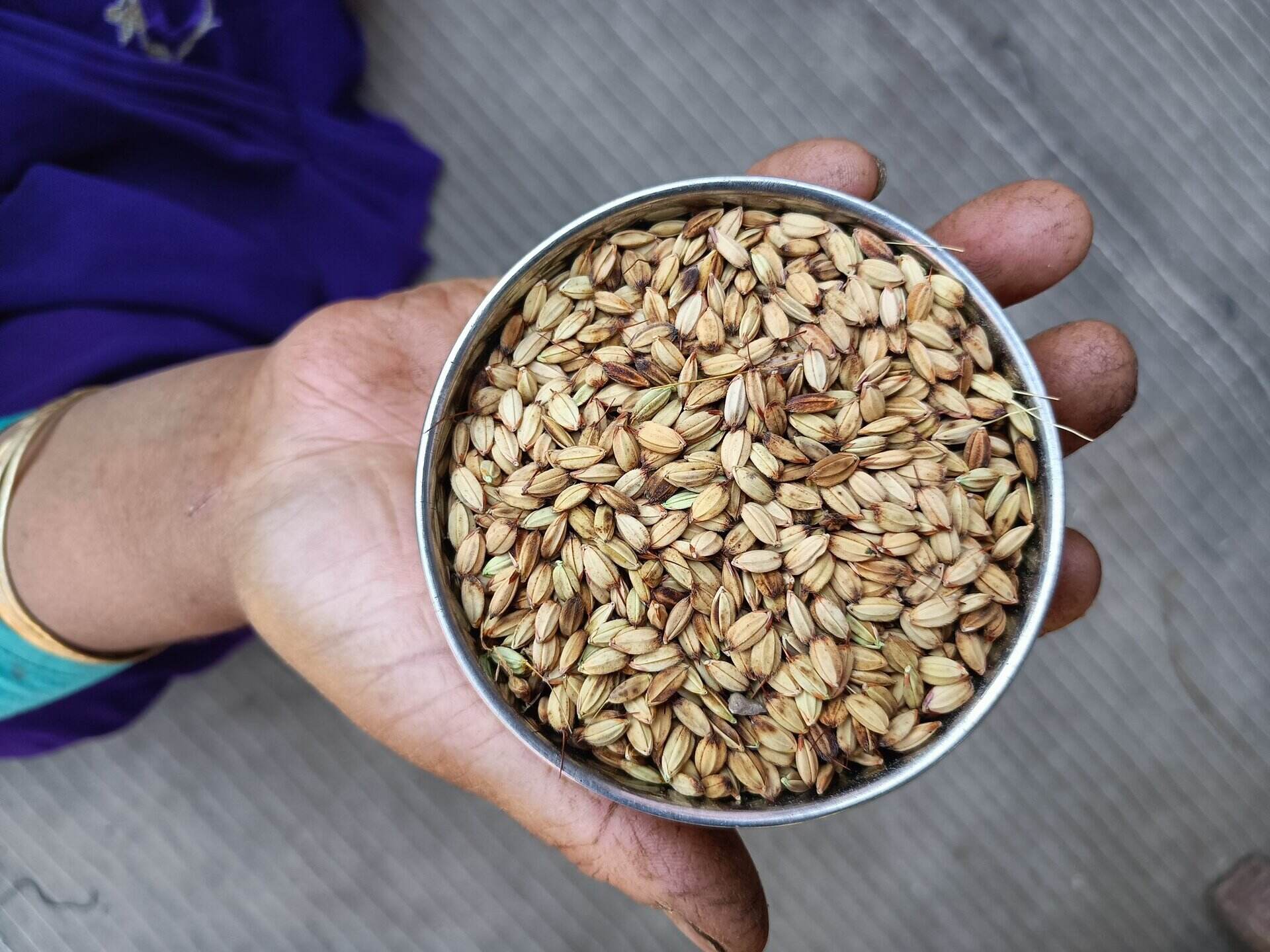
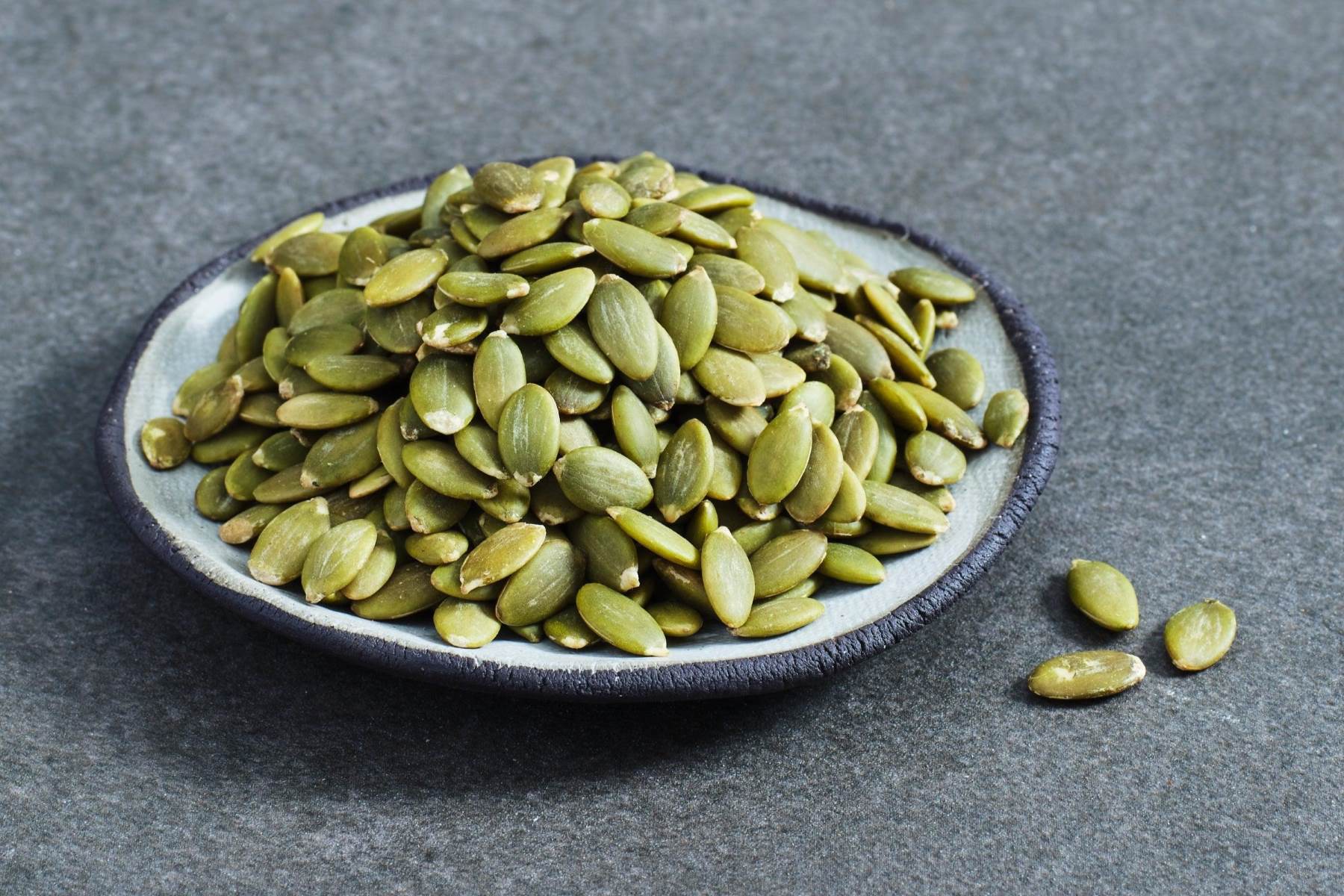
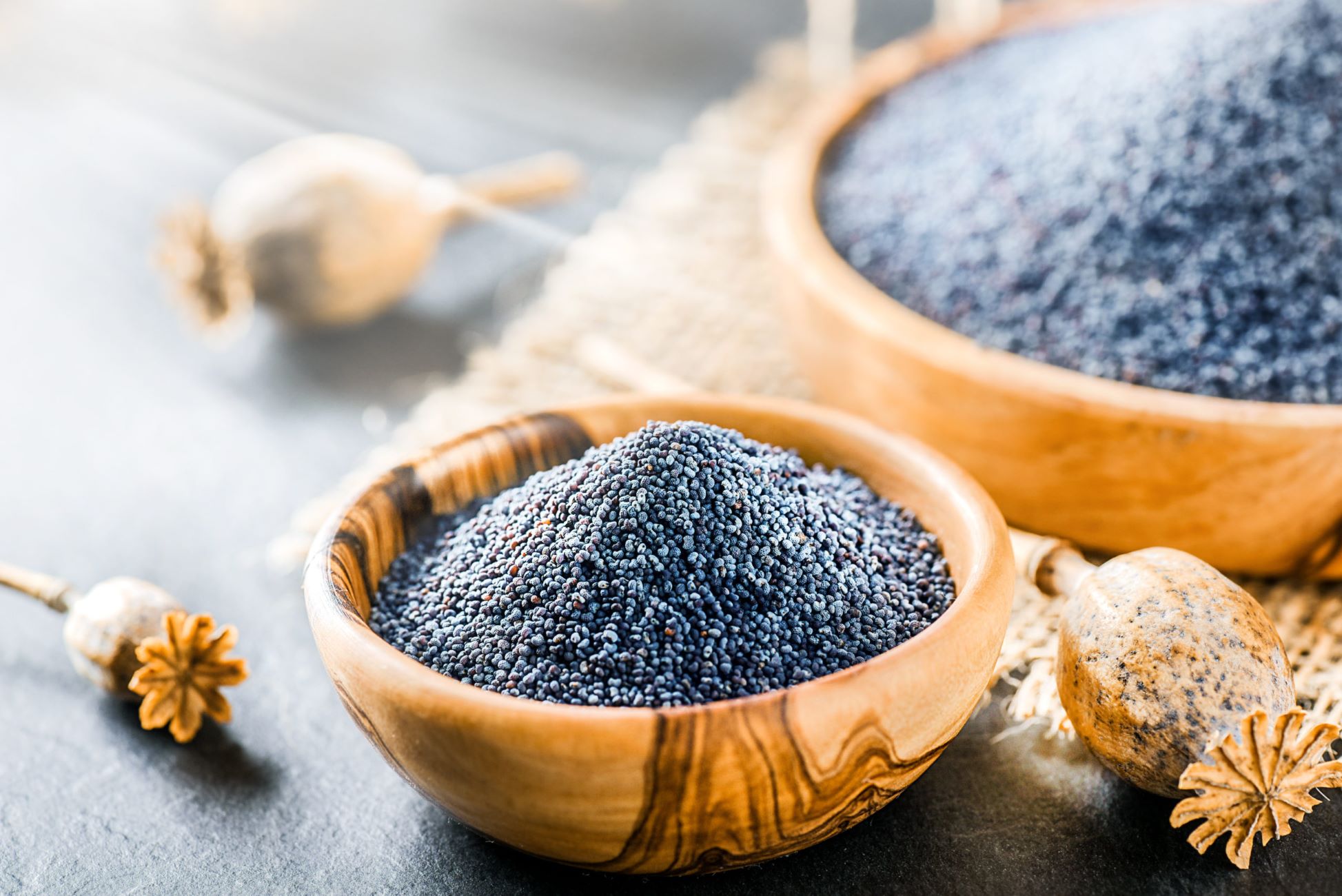
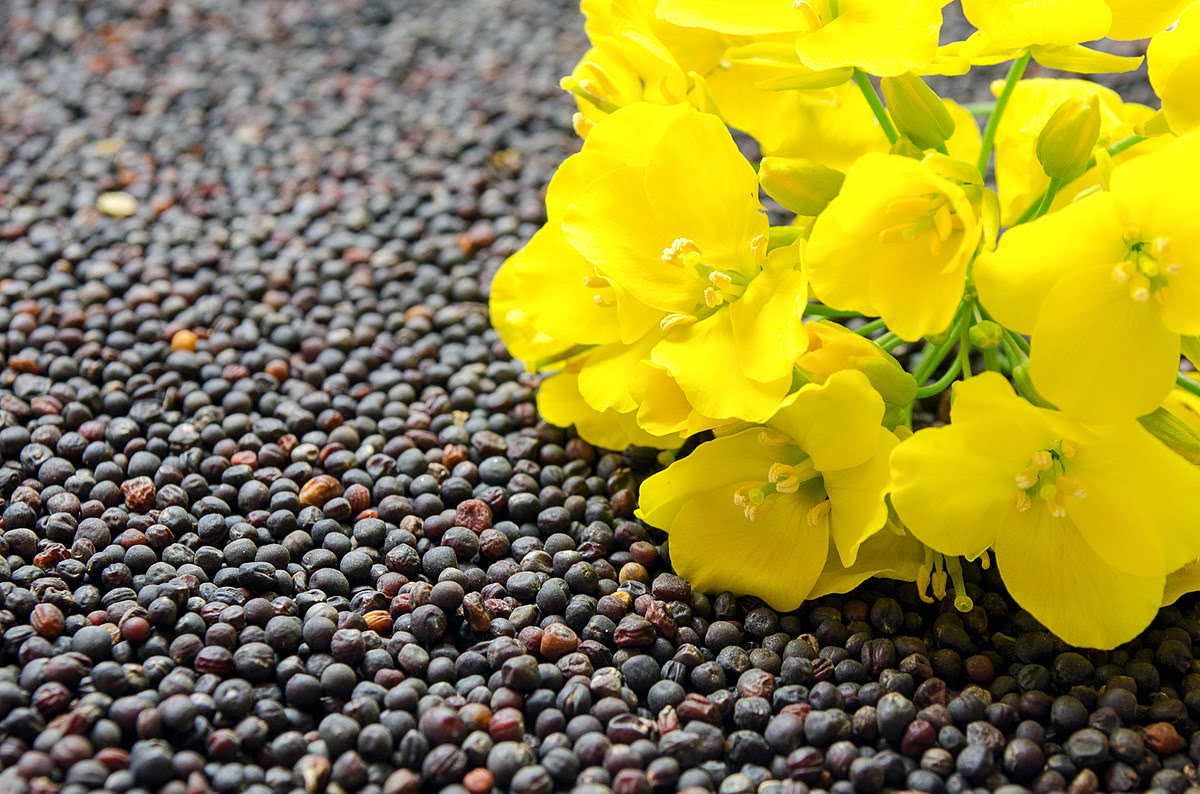
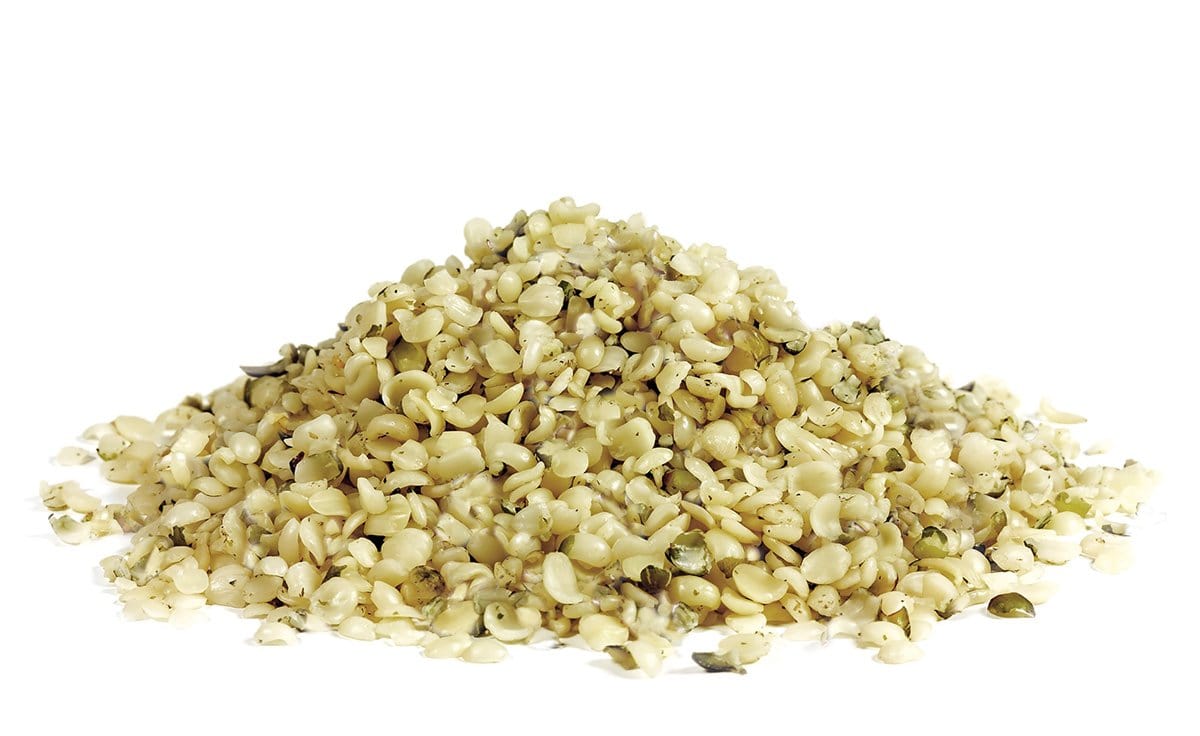
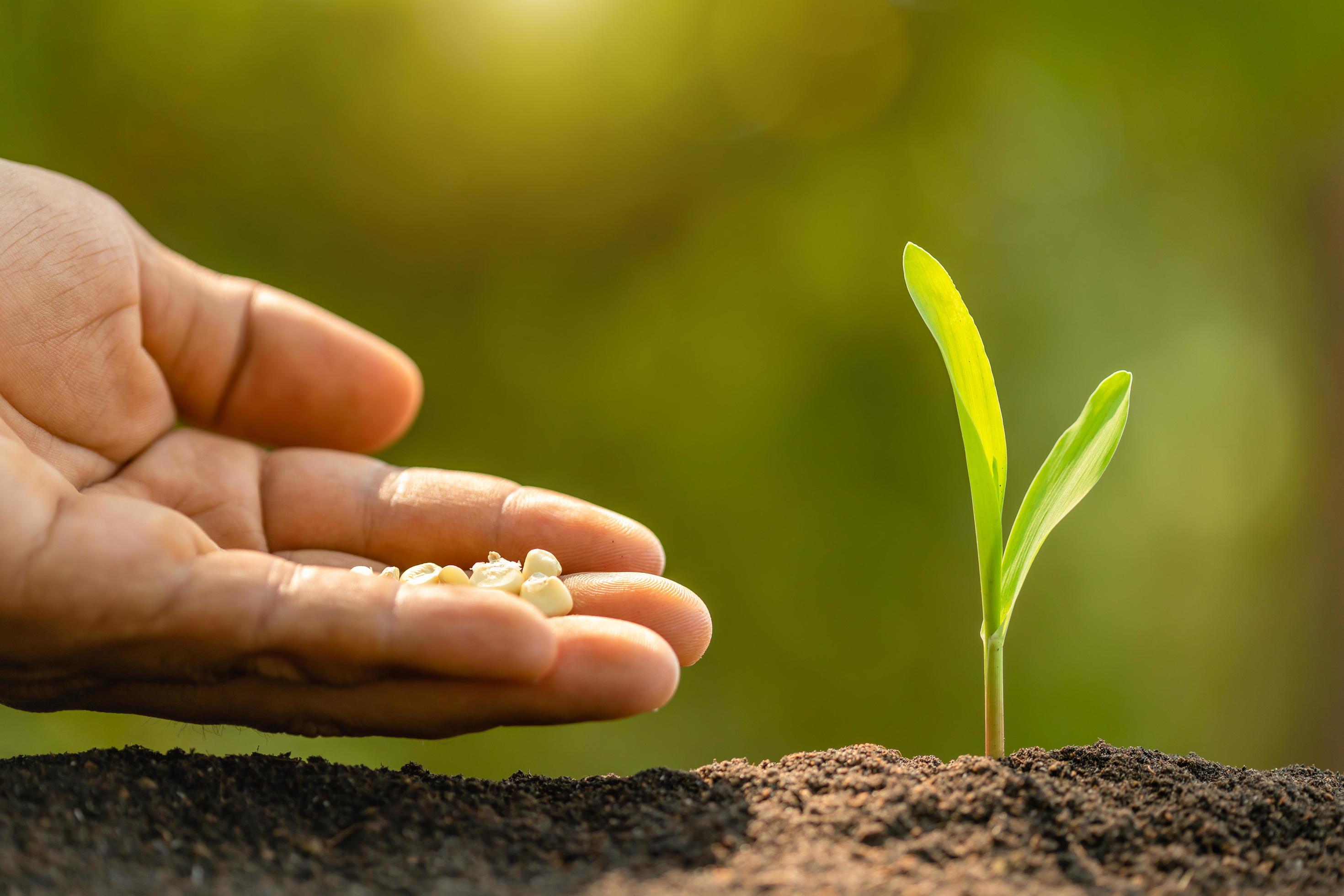

0 thoughts on “What Are Anise Seeds”